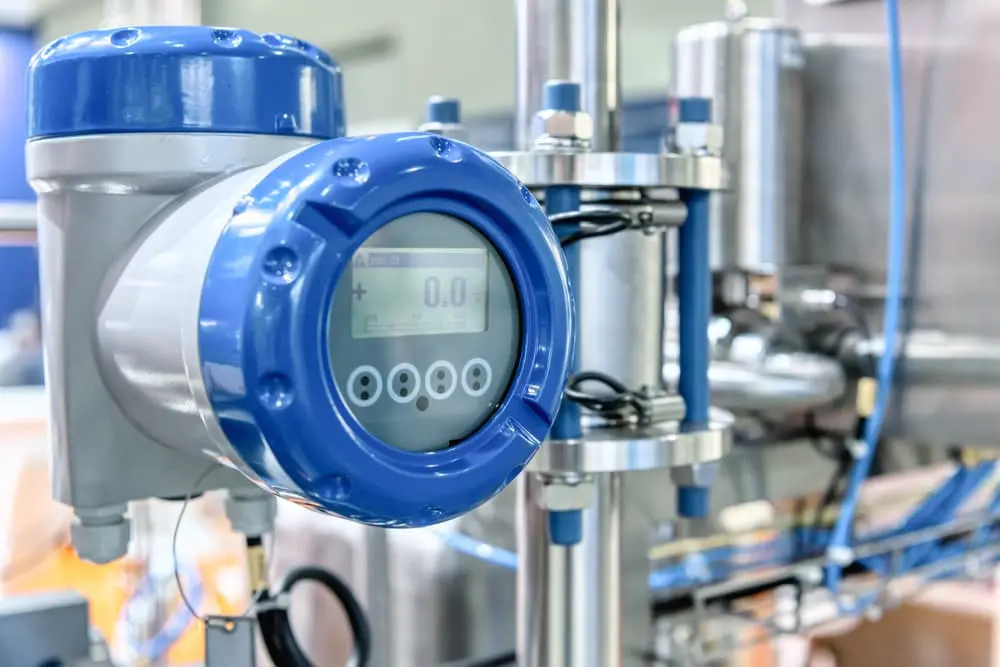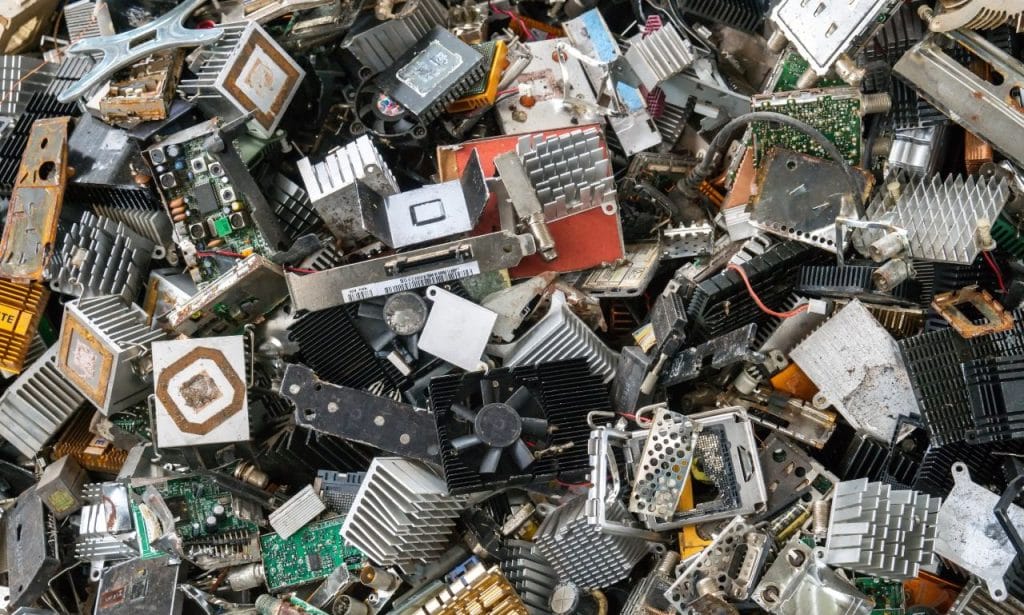
The kitchen is the heart of many homes, but it’s also one of the toughest places to keep clean—especially when it comes to grease. Cooking oils, frying, and general food prep can leave behind a stubborn layer of grime that accumulates over time, making surfaces sticky and unsanitary. Fortunately, there are natural solutions to tackle kitchen grease without harsh chemicals. Here are seven effective ways to maintain a grease-free kitchen using ingredients you likely already have.
1. White Vinegar: The Multipurpose Cleaner
White vinegar is a powerful natural degreaser due to its high acidity. It can cut through grease on countertops, stovetops, and even inside ovens. To use, simply mix equal parts water and white vinegar in a spray bottle, and apply it to greasy surfaces. Let it sit for a few minutes before wiping it down with a cloth or sponge. Vinegar is also great for cleaning glass surfaces like oven doors and windows, leaving them streak-free.
Tip: Add a few drops of lemon essential oil to the vinegar solution for a fresh scent and extra grease-cutting power.
2. Baking Soda: A Scrubbing Ally
Baking soda is a gentle abrasive that works wonders on grease buildup, especially on tough areas like stovetops, oven trays, and even pots and pans. Its mild abrasiveness helps lift off grime without scratching surfaces. Create a paste by mixing baking soda with a little water and apply it to greasy spots. After scrubbing with a sponge, wipe clean with a damp cloth. Baking soda is especially effective when dealing with burnt-on grease.
Tip: For really tough spots, let the baking soda paste sit for 15-30 minutes before scrubbing.
3. Lemon Juice: Nature’s Degreaser
Lemon juice contains citric acid, which naturally breaks down grease and grime. It’s also antibacterial, making it perfect for cleaning food preparation surfaces. You can use lemon juice on countertops, stove hoods, and microwaves. For best results, combine lemon juice with a bit of baking soda to create a powerful degreasing scrub.
Tip: After squeezing fresh lemon juice, rub the lemon halves on greasy surfaces before wiping clean with a damp cloth.
4. Castile Soap: The All-Natural Dish Soap
Castile soap, made from plant oils, is a natural alternative to harsh dish soaps. Its oil-based formula is effective at breaking down grease on kitchen surfaces and cookware. Mix a small amount of castile soap with warm water and use it to wipe down greasy surfaces like stovetops, exhaust fans, or tile walls. It’s gentle enough to use on most kitchen materials, including stainless steel and ceramic.
Tip: For a fresh scent and extra cleaning power, add a few drops of essential oils like tea tree or eucalyptus to the soap solution.
5. Cornstarch: A Quick Grease Absorber
Cornstarch might not be the first thing that comes to mind for kitchen cleaning, but it’s an excellent grease absorber. Sprinkle cornstarch onto greasy surfaces, especially on fabric or upholstery like kitchen rugs or chair cushions. Let it sit for about 15 minutes to absorb the grease, then vacuum or wipe away the cornstarch, taking the grease with it.
Tip: Cornstarch can also be combined with water to form a paste that works well on greasy appliances.
6. Salt: A Natural Abrasive
Salt, another common kitchen staple, acts as a natural abrasive that can lift grease and grime from surfaces. It’s particularly effective on cast-iron skillets and grills, where grease can be hard to remove. Simply sprinkle salt on a greasy surface and scrub with a damp sponge. The salt will help break down the grease, leaving surfaces cleaner without scratches.
Tip: Combine salt with vinegar for an even more effective grease-fighting solution.
7. Essential Oils: Add Power to Your Cleaning Routine
Certain essential oils, like lemon, tea tree, and eucalyptus, have natural degreasing and antibacterial properties. You can add these oils to any of your homemade cleaning solutions for an extra boost. For instance, a few drops of lemon essential oil added to a vinegar and water solution can enhance its degreasing power while leaving your kitchen smelling fresh.
Tip: Combine essential oils with a carrier oil, such as olive oil, to clean and polish wood cabinets while breaking down grease at the same time.
Maintaining a grease-free kitchen doesn’t have to involve toxic chemicals or expensive cleaners. With these natural solutions—vinegar, baking soda, lemon juice, castile soap, cornstarch, salt, and essential oils—you can keep your kitchen sparkling and free from grease, all while being environmentally friendly. These ingredients are affordable, effective, and safe for both your family and the planet, making them the perfect alternatives for a clean and healthy kitchen.





